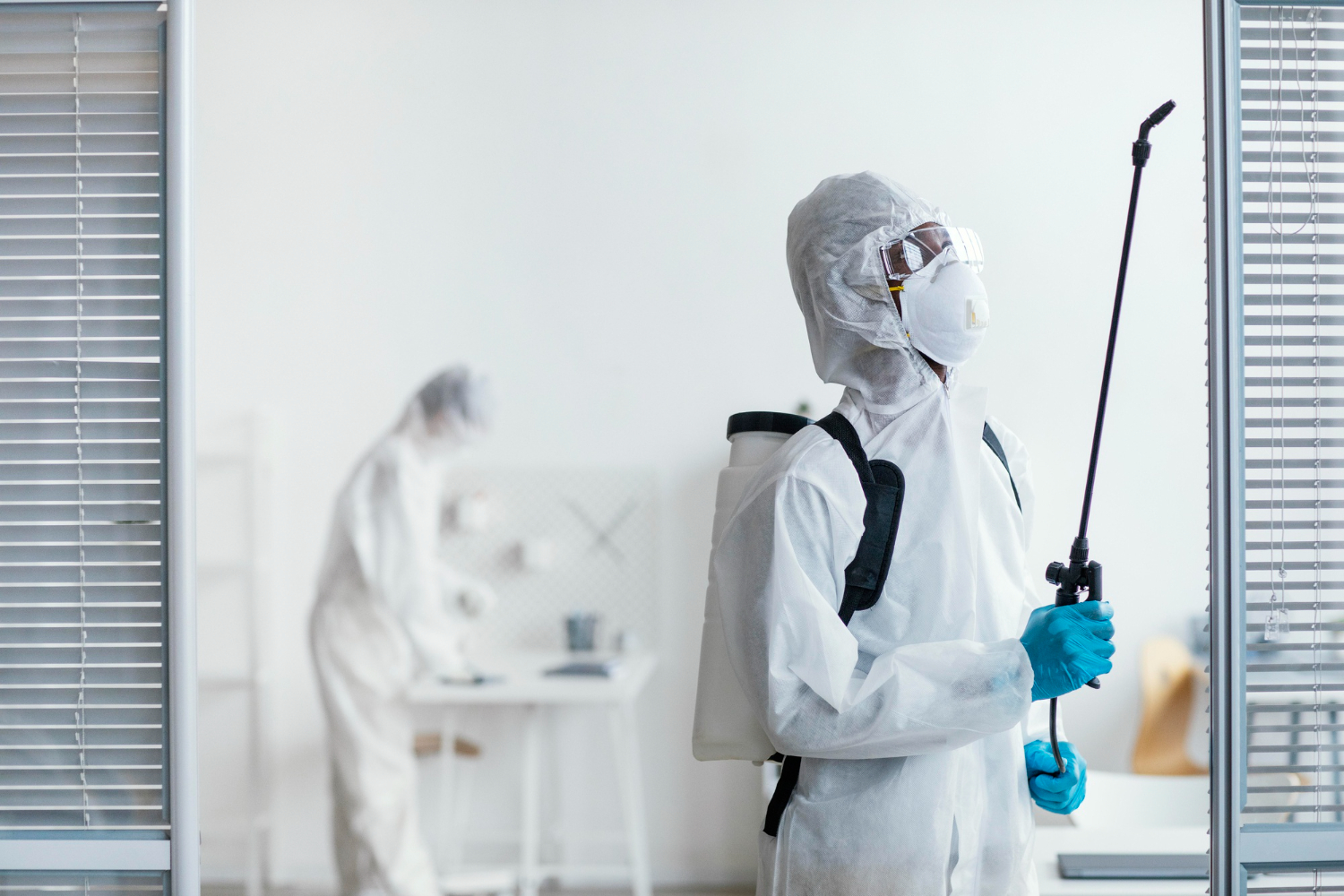Risks of Outdoor Pests and Safe Eradication Methods
 Many outdoor pests pose health risks, because they often carry diseases that they can transmit via bites, skin contact and contaminated water and food sources. If you’re looking to get rid of crickets, rodents, opossums, fleas, ticks and mosquitoes can cause conditions and symptoms that include headaches, fever, chills and muscle aches. Here are some ways to reduce or eliminate the presence of pests in your yard.
Many outdoor pests pose health risks, because they often carry diseases that they can transmit via bites, skin contact and contaminated water and food sources. If you’re looking to get rid of crickets, rodents, opossums, fleas, ticks and mosquitoes can cause conditions and symptoms that include headaches, fever, chills and muscle aches. Here are some ways to reduce or eliminate the presence of pests in your yard.
Table of Contents
The Risks of Mosquitoes
During a hot summer and wet conditions, the climate creates a perfect breeding ground for mosquitoes. There are over 50 types of these flying pests, and not all are harmful, but many can be. Those that bite can spread diseases to humans, including Malaria, West Nile virus, Dengue and others.
The Health Hazards of Ticks
Areas that have an abundance of shrubs and brush, can serve as a home for several types of ticks. These pests also linger under fallen leaves and rocks that are common to outdoor landscaping. Ticks can source Lyme disease, tularemia and spotted fever. However, tick control in Cherry Hill, NJ can keep these critters at bay.
Consider Safe and Effective Outdoor Pest Control
The biggest drawback of the overuse of insecticides and poisons is that these chemicals are often ineffective. Pesticides typically can’t kill off pests at every stage of their growth cycles, so they don’t usually eradicate pest infestations. For example, fleas take a month to hatch from eggs and then develop into larvae, then the pupae stage to full adulthood.
Conventional flea treatments are designed to target only fully grown fleas. Meanwhile, exposure to standard treatments can result in dizziness, vomiting and lead to long-term behavioral and learning behavior. Fortunately, there are less harmful pesticides available.
Eco-Friendly Pest Control
A modern form of eradication and management of outdoor pests is integrated pest management (IPM). IPM focuses on the prevention of infestations first and only uses pesticides as a last-resort. As a low-cost, eco-friendly solution, IPM has been shown to cut removal costs by one-third.
One of the major reasons to consider IPM is that children who like to play outdoors (and they all do) are exposed to chemicals that are applied to the ground and other landscaped areas. Youngsters are less resilient to the effects of toxic chemicals than adults. Their developing brains can suffer with learning disabilities and neurological problems due to exposure. Sadly, half of the cases of pesticide poisoning affect kids under six.
Ways to Naturally Eliminate Pests
There are many ways to use natural substances to get rid of pests. Growing a healthy garden with nutrient-rich soil can prevent unwanted pests. Boric acid around the perimeter of the lawn and on the exterior of window casings and doors can be helpful. There are also plants and herbs that serve as a pest control method, including:
- Citronella Grass
- Petunias
- Marigolds
- Lemongrass
- Chrysanthemums
Another natural means that you can dilute and sprinkle or spray around perimeters and trouble spots are spices you might have in your pantry and include:
- Cinnamon
- Cayenne
- Tumeric
- Paprika
- Black Pepper
- Salt
- Bay Leaves
The Final Approach Should Your Efforts Fail
When all else fails, a professional pest control company can provide effective solutions. However, there are a few key tips to ensuring exceptional service when hiring a pro who will ideally:
- Possess a state license
- Certified by programs like GreenPro, EcoWise and Green Shield
- Supply references
- Give you a written report of their findings, costs, and recommended treatments
- Provides a guarantee of service
- Offers sustainable long-term strategies and schedules follow-up visits
Let the Pros Handle the Task
Are you asking yourself, “Is there pest control near me in NJ?” Of course there is! Contact a professional to get an assessment and to discuss methods for getting rid of outdoor pests for good.









